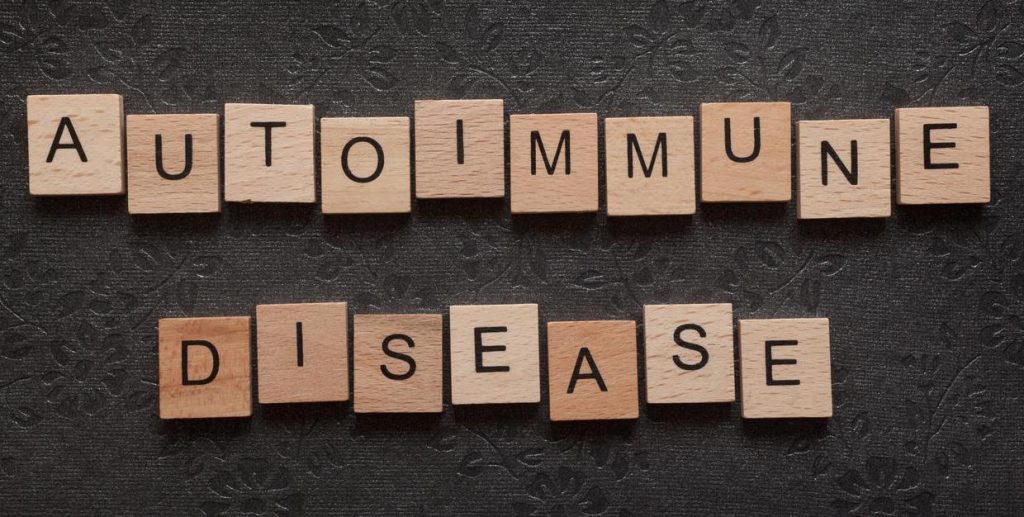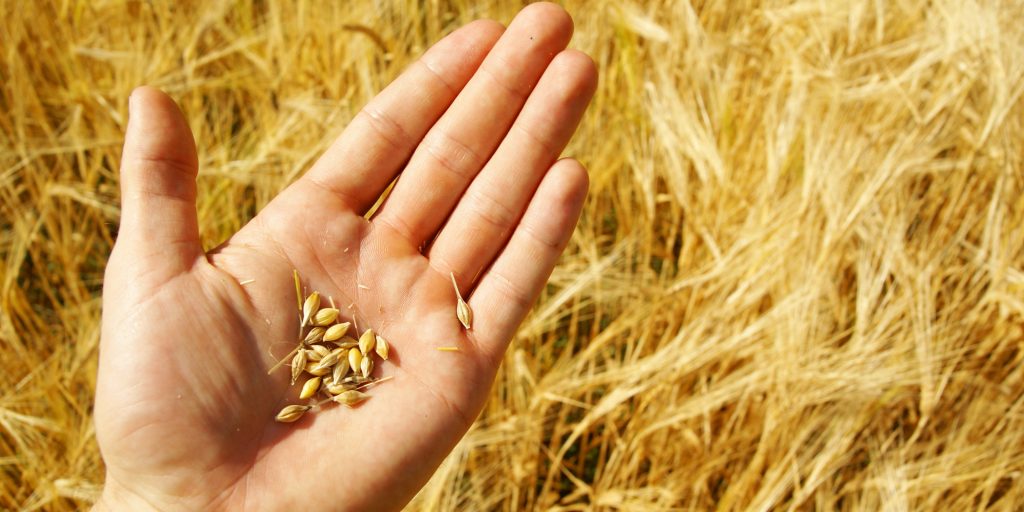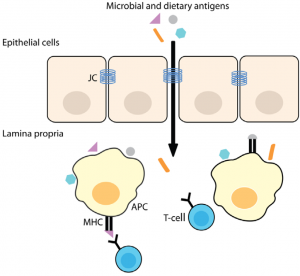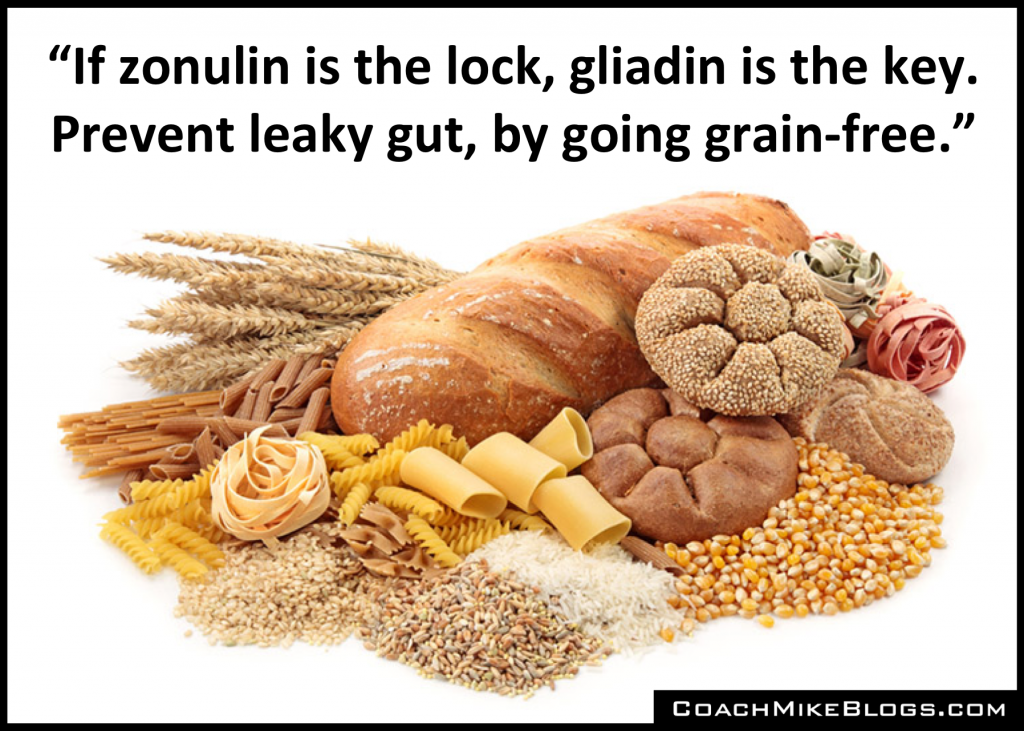Our gut does a lot more than simply break down food and absorb nutrients. It acts as the barrier between our insides and the outside world, determining what’s allowed in, and what’s a threat that needs to be destroyed.
Health issues arise when this barrier is compromised, and/or the signaling of what should come in and what needs to be attacked is distorted. With the first problem leading to something called leaky gut, and the second problem leading to a more serious degenerative condition – where the immune signaling to ‘destroy,’ has the body attacking it’s own tissues.

Prior to this 2011 paper in Physiological Reviews, no one really understood how the gut barrier opened up and allowed larger undigested molecules to pass. In fact, less than 30 years ago scientists didn’t even know there were gaps between cells in the gastrointestinal lining. They thought the cells of the gut were cemented together, and nothing could pass through.
But thanks to Alessio Fasano and his research team, we now understand that the gut lining has gates that open and close, and a molecule called zonulin appears to be the traffic cop that decides who gets in (1, 2).
“High zonulin levels (together with increased intestinal permeability) have been observed in autoimmune and inflammatory diseases like CD, multiple sclerosis, asthma and inflammatory bowel disease.” Prunder & Pruimboom, Nutrients, 2013
This new discovery is definitely a game-changer, but the biggest takeaway is that zonulin needs to be activated, and the protein that activates it is gliadin (1, 2). Also known as the predominant protein in wheat and other grains.

With an increase in gut permeability, or should I say decrease in gut stability, there’s a higher likelihood of an immune response, as the body looks to protect itself from toxins and bacteria passing into the bloodstream and causing damage. This not only results in chronic inflammation as a protective measure, but it tells the immune system to produce antibodies (1, 2) against the larger particles that manage to cross the gut barrier.
Depending on what these larger particles are, this means an immune reaction next time you consume them. And unfortunately, depending on what they were attached to when the B and T cells registered them as an offender, this could mean an attack on similar tissues in the body.

For instance, the various transglutaminase enzymes that help breakdown the wheat proteins are found in various locations throughout the body – notably the neurological system (tG-6). If the antibody was created against one of the gliadin proteins while wrapped in tG-6, the body could start launching an attack on other tG-6 tissues – regardless of how vital they are, or where they’re located (ex: brain).
“The more we study the interaction between gluten and our body, the more we realize that we really turn on all the machinery that we typically put together when we are under attack from a microorganism.” Alessio Fasano
This is how a sensitivity or intolerance to the wheat proteins (ex: gluten) can present itself as a mental condition, like ADHD or depression. And this is why the majority of those with a full-blown wheat allergy (celiac) are often diagnosed with some type of neurological dysfunction.

Fortunately, this doesn’t appear to be the case for everyone; as it’s your genetic susceptibility that determines the severity of your reaction. BUT with gliadin triggering zonulin in the majority of the population (80%+), and compromising gut integrity for just about everyone, I think the message is clear:
Wheat and other gluten-containing grains are best avoided!
Whether we’re part of the population that’s experiencing chronic inflammation and the health issues that come with it (IBD, asthma, depression), or whether we’re one of the unlucky ones that will develop a more serious autoimmune condition (arthritis, MS, type 1 diabetes).

Sadly, it’s not a question of “will the gut gates open up,” it’s a question of “what will happen when they do.” My personal preference is no gut leaks, and no bread in my blood, but at the very least, you should be limiting the frequency of your exposure to gliadin as much as possible – as it appears the gut cells can repair themselves in a few days, but not if zonulin is chronically elevated.
Stay Lean!
Coach Mike
RELATED ARTICLES:
WGA - The Other Gut Buster in Wheat
Beyond Live It NOT Diet! - The Wheat-Free Feast
Don't Mess With The Microbes - Gut Bacteria, Obesity & Disease
Asthma? Eczema? Headaches? IBS? Arthritis? Depression? Go With Your Gut
